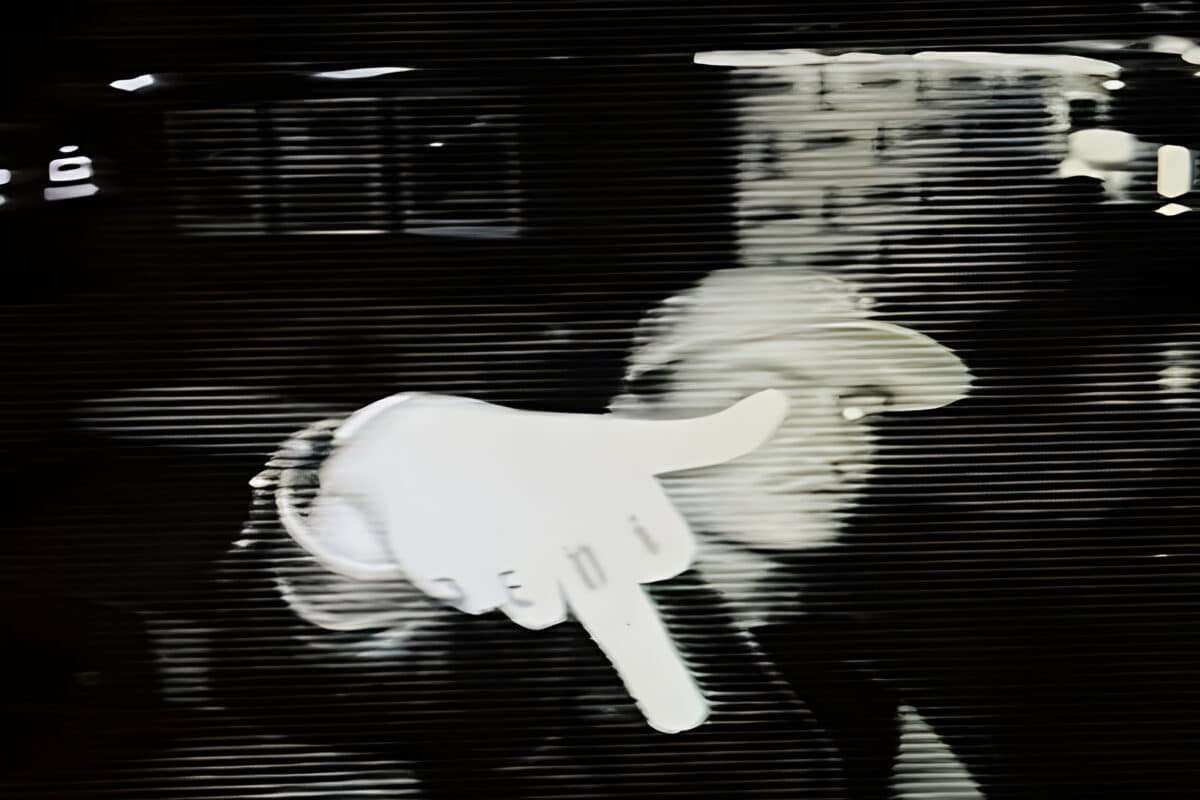Released: 2024
“Million Dollar Baby” by Tommy Richman is a raw reflection of his drive to rise and shine in the highly competitive hip-hop game, all while navigating complex relationships and personal journeys. The track explores the struggles of staying true to oneself amidst ascension and societal pressures, and the ongoing tension in romantic relationships under these circumstances.
Right from the jump, we’ve got the repetitious phrase “Do it, baby, do what I should think” which can be interpreted as Tommy encouraging himself, or possibly a love interest, to stay focused and pursue what they believe is right, rather than succumbing to external pressures or doubters. On a deeper level, this could also be a commentary on how societal expectations can cloud personal judgments and decisions.
Tommy then touches on maintaining his integrity in a line that’s pure hip-hop bravura: “I ain’t never rep a set, baby, I ain’t do no wrong”. Here, Tommy’s saying he’s not affiliated with a gang (‘set’), suggesting he’s making moves based on his own vision, not because he’s tied to any group or ideology. The insistence on not doing wrong signifies his determination to stay true and ethical in his quest for success.
The phrase “I’m a million dollar baby” is a self-assured affirmation of his worth and potential — he’s not just another player in the game, but a high-value asset who’s destined for big things. It’s clear that Tommy isn’t here for half measures; he’s out to make it big, hence the repeated phrase, “‘Cause I wanna make it.”
The line “She a bad lil’ mama, she a diva” introduces a woman whose presence impacts Tommy’s journey. However, their relationship seems complicated, as indicated by “No matter what happens, he cannot come between us again” and “I know we’re better than friends.” Evidently, Tommy is in a complex romantic bond which has experienced external interference, adding another layer of intrigue to his narrative.
Taking us further into his tangled relationship issues, Tommy says, “All night long, what you mean, ‘I changed’? Haven’t stayed the same.” As success looms, Tommy wrestles with accusations of change, defending himself by asserting his consistency. The internal conflict is palpable, hinting at the cost of Tommy’s ambitions on his personal life.
Finally, the defiant “Hell nah” in the closing lines mirrors the hook’s affirmation of his self-worth. Despite the troubles, he resolutely rejects anything that could hinder his rise. In the end, “Million Dollar Baby” is a compelling portrait of ambition, integrity and resilience in the face of adversity, all laced with a raw, interpersonal drama that makes it a gripping listen.








